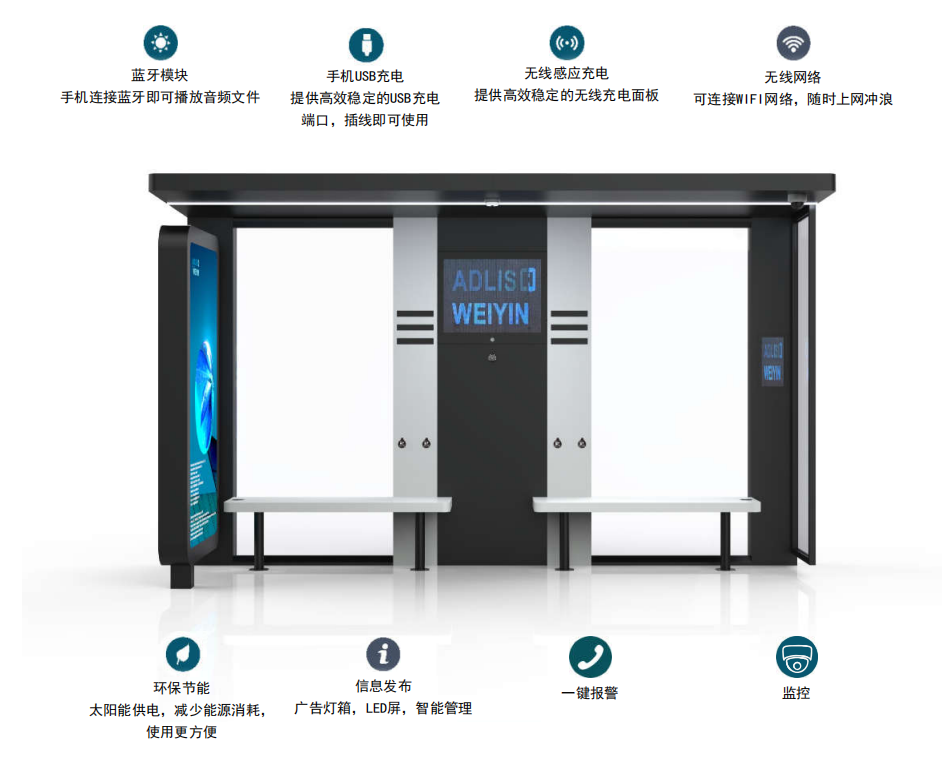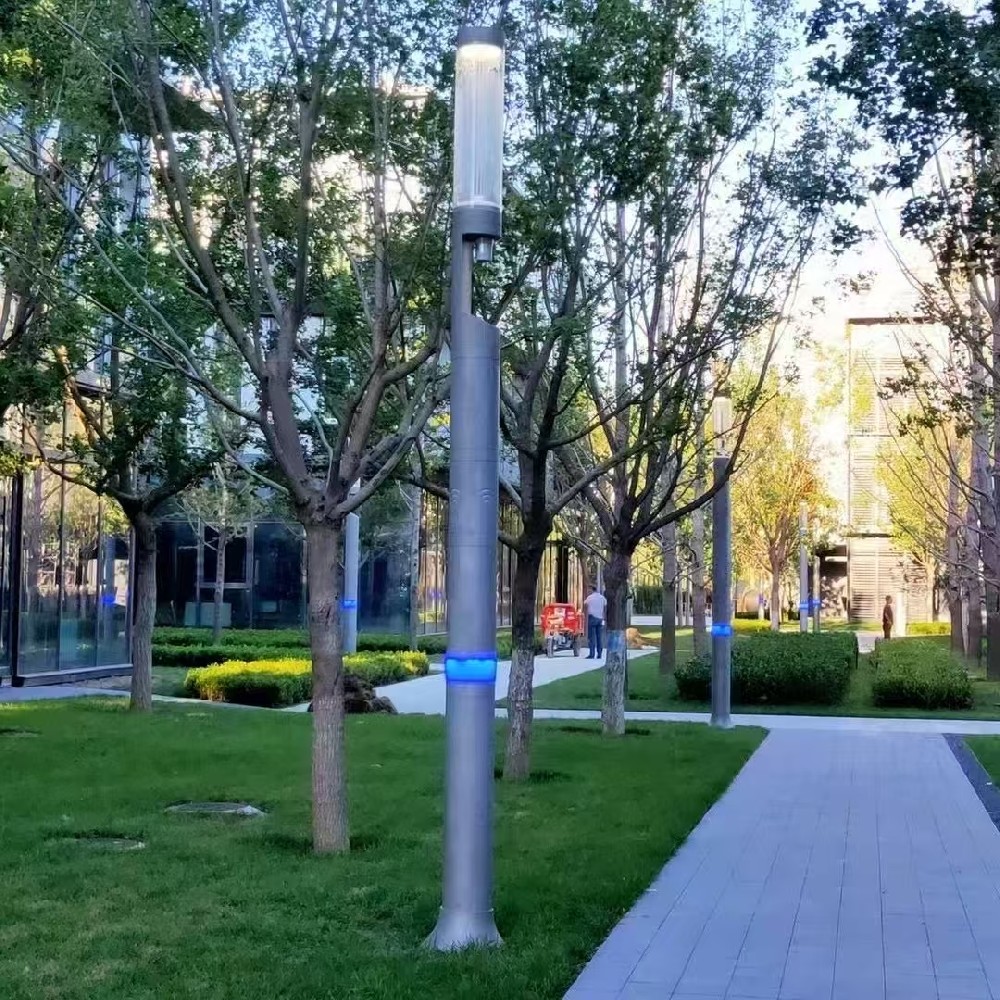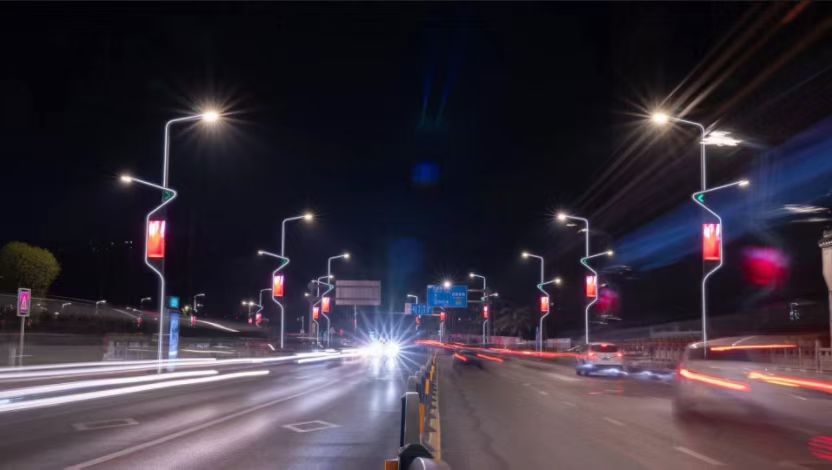Smart Bus Stop: Practice of Intelligent Upgrading of Urban Transportation Services
The average daily bus passenger flow in the core area of a provincial capital exceeds 500,000 passengers, and the traditional platform faces three major pain points: high failure rate of electronic screens, fragmentation of service information, and rising cost of facility maintenance. The municipal transportation set selected 15 kilometers of main roads around the transportation hub to implement intelligent transformation, and completed the construction of 30 demonstration sites in the first phase.

1. System design highlights
intelligent perception layer
environmental monitoring: integrate 10 types of sensors to collect air quality in real time, Noise Index, Ground Slippage
passenger flow analysis: Deploy AI cameras to count the number of people waiting within a radius of 15 meters, with an accuracy of 97%
device self-test: automatically diagnose the health status of devices such as screens and charging piles every 30 minutes
cloud collaboration platform
dynamic prediction: Combine historical data and real-time traffic conditions to predict the arrival time 20 minutes in advance
emergency linkage: Automatically push alternative routes to passengers' mobile phones in case of emergencies
energy optimization: Automatically adjusts the screen brightness according to the light intensity, improving power saving efficiency by 40%
Human-Computer Interaction Innovation
Holographic Projection Navigation: Aerial Imaging Technology Displays 3D Route Guidance
voice assistant 2.0: an intelligent service that supports dialect recognition and multi-turn dialogue
barrier-free interaction: Braille touch panel and vibration feedback combination design
Second, key technological breakthroughs
<p style="line-height: 1.5em;"><span style="font-size: 18px;"> heterogeneous network convergence: 5G CPE+LoRa dual-channel transmission, ensuring < data packet loss rate of 0.3%<p style="line-height: 1.5em;"><span style="font-size: 18px; "> edge computing application: deploy independent algorithms to achieve localized data processing, response speed <0.5 seconds<p style="line-height: 1.5em;"><span style="font-size: 18px;"> hybrid energy supply system: photovoltaic thin film + temperature difference power generation device, which can work for 120 hours on rainy days<p style="line-height: 1.5em; "> modular structure: using quick-release buckle design, the single-station transformation cycle is shortened to 72 hours
3. Operation model innovation
generates customized routes based on real-time passenger flow, and dynamically adjusts 12% of the capacity distribution
digital twin management
build a 3D model library of the platform, and the accuracy of remote fault diagnosis is improved to 89%
simulates equipment loss curves to achieve preventive maintenance
ecosystem service platform
open API interface to access 8 types of livelihood services: medical emergency calls, lost and found registration, etc.
build a commercial information push system to increase the revenue of surrounding merchants by 17%
Fourth, the implementation effect
user experience improvement
arrival time prediction error reduced from 3.2 minutes to 0.8 minutes
average monthly increase in service usage for special groups increased by 23%
The average daily usage frequency of interactive devices exceeded 4,000 times
management efficiency optimization
the repair rate of devices is reduced by 68%, and the O&M response time is improved to 15 minutes
energy consumption costs are reduced by 54% compared with traditional platforms
data collection dimensions have been expanded from 9 to 32
social benefits
sites
increased bus share by 6.2 percentage points
Served more than 87,000 special groups in total
5. Future Evolution Direction
vehicle-road-station collaboration: V2X communication linkage with intelligent public transport vehicles
carbon footprint tracking: real-time display of carbon reduction from public transport trips
e-CNY application: Expand transportation+ Consumption Scenario Payment Ecosystem
Metaverse entrance: Building an AR city guide service platform
this case, a closed-loop system of "perception-decision-service" is formed, and its modular architecture supports rapid replication and provides scalable digital infrastructure solutions for new urbanization construction.



